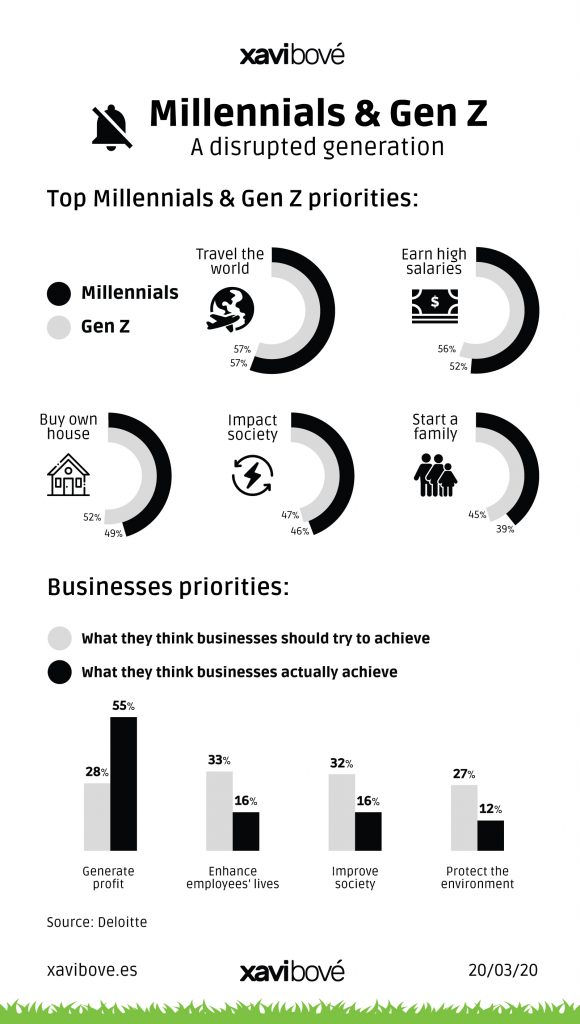“We want to inspire, enable and leave a legacy to girls and young women to follow their dreams” Visa
“Not just supporting the U.S. Women’s Team once every four years, but also supporting women’s soccer every single day” Budweiser
“From elite to grassroots level, we will grow football for the next generation of young female players” Nike
“Equality of opportunity between men and women and fostering the professional careers of women” Iberdrola
Women’s football, like the appealing product it is, is attracting more and more sponsors into the game. Companies firmly committed to work towards a more egalitarian society.
What’s wrong?
Nothing, but we’re missing half of the conversation.
Sponsors like Visa, Budweiser, Nike and Iberdrola are valuable partners to develop women’s football, actually they’re demonstrating how the game is growing because of their presence. Since Iberdrola started supporting Spanish women’s sports, female participation has grown by 30%, since 2016.
Understanding next generations
The point is if, we identify the next generations as a key segment to build the future of women’s football and digital as the ideal window to communicate, we need to understand the whole picture regarding our market.
Millennials and Gen Zs, 23-38 years old and 7-22 years old respectively, represent our strategic market to attract fans, followers, sponsors and media impact. According to the recent The Deloitte Global Millennial Survey 2019, our target is interested in a bigger range of interests beyond gender equality.

Travelling the world, earning high salaries through flexible projects, making an impact on society and caring about the planet. These are some of the main priorities that Millennials and Gen Zs have.
Should we add them to our women’s football conversation?
Of course, our sponsors need to become a meaningful and active part of the conversation if they want to have any chance to sell to them. These topics represent an opportunity to talk in a more human way, becoming part of the solution and bridging the gap between them and companies.
Companies lack of empathy
Generating profit is seen as the main goal of companies. Totally disconnected from what they think a brand should seek: producing good products and services, providing job opportunities and enhance their employees’ lives.
Unethical behaviour and negative ecological footprint break relationships with them as current and potential customers. Gender equality is not everything in our key market.
In relation to the digital world, around 60% of Millennials and Gen Zs consider they would be physically healthier and happier people if they reduced the time spent on social media. Understanding the market is vital, and the market is proving that digital becomes less meaningful without purpose and empathy.
We definitely need to fight against preconception and foster education to provide equal opportunities. There is no doubt, but is also clear that we will need to understand the big picture of our next generation if we want to build a bigger and better women’s football. Understanding to connect, and connecting to change.
Here you can download the full report:
